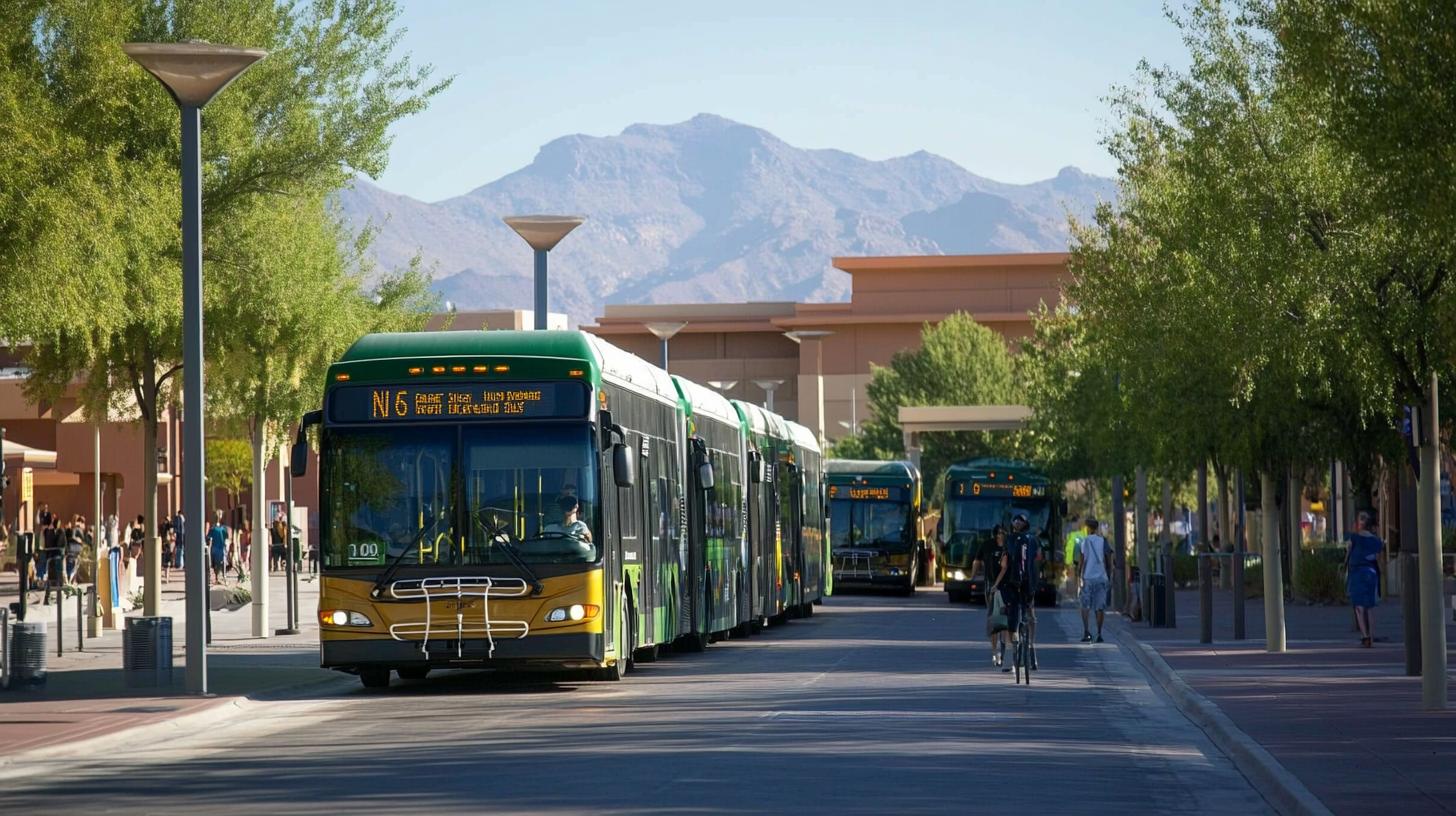Political Rallies Embrace a New Anthem
Amid the fervor of political rallies, a new anthem has emerged, capturing the attention of attendees and creating an electrifying atmosphere. Rather than the usual fanfare one might expect, the tune of “YMCA” fills the air, setting the stage for energetic displays and enthusiastic support.
A Song with a Timeless Appeal
Originally released in 1978 by the Village People, “YMCA” quickly rose to fame as a disco sensation that transcended genres and captivated audiences worldwide. Its catchy chorus and lively beat became synonymous with fun and celebration, making it an ideal choice for energizing crowds.
The Song’s Complex Legacy
While “YMCA” is known for its upbeat tempo and memorable melody, it also carries a deeper meaning rooted in LGBT culture. This juxtaposition adds a layer of complexity to its adoption as a political anthem, sparking discussions on representation and inclusivity within the rallies.
A Nostalgic Connection
Beyond its musical prowess, “YMCA” serves as a bridge to the past for many attendees, evoking memories of simpler times and carefree moments. The song’s ability to transport listeners back to a different era resonates with individuals seeking a connection to their cultural heritage and personal history.
Embracing Contradictions
Despite the song’s origins and the apparent ideological tensions it may create, its universal appeal transcends political divides. In a landscape marked by polarization, “YMCA” stands out as a unifying force, bringing together supporters from diverse backgrounds under a common melody.
Looking Ahead
As the political landscape continues to evolve, the role of music in shaping rallies and public events remains a topic of interest. The enduring popularity of “YMCA” highlights the power of music to unite, inspire, and spark conversation, offering a glimpse into the complex interplay between culture, politics, and nostalgia.
Unveiling the Deeper Layers of “YMCA” at Political Rallies
In the midst of the vibrant ambiance of political rallies, the iconic song “YMCA” has taken a prominent position, serving as a catalyst for heightened enthusiasm and engagement among attendees. While the previous article touched on the surface allure of the tune, there are additional facets to explore that delve into the song’s significance in a broader context.
Unveiling the Unspoken Questions
What historical and cultural elements contribute to the enduring popularity of “YMCA” as a political rally anthem? How do different generations interpret the song’s message and its resonance in a contemporary setting? Is there potential for misinterpretation or appropriation of the song’s original themes in the context of political events?
Challenges and Controversies Unearthed
One of the key challenges associated with using “YMCA” at political rallies is navigating its dual identity as a feel-good party anthem and a symbol of LGBTQ+ empowerment. While the song is celebrated for its catchy tune and inclusive spirit, there are concerns about diluting or misrepresenting the LGBTQ+ community’s struggles through its casual adoption in a political setting. This raises questions about the ethics of leveraging cultural symbols for political gain and the need for authentic representation.
Weighing the Advantages and Disadvantages
On one hand, the widespread recognition and sing-along potential of “YMCA” can foster a sense of unity and shared experience among rally participants, transcending individual differences and fostering a collective sense of belonging. However, the song’s complex legacy introduces a layer of nuance that requires careful consideration to ensure respectful engagement with its themes. Balancing the celebratory nature of the song with a nuanced understanding of its origins poses a challenge in harnessing its full potential as a rallying cry.
Exploring New Dimensions
Delving deeper into the multifaceted impact of using “YMCA” at political rallies sheds light on the intricate interplay between music, identity, and collective memory. By acknowledging the song’s rich history and diverse associations, rally organizers and participants can engage in meaningful dialogues that transcend surface-level interpretations of its lyrics and melodies.
For further insights on the intersection of music and politics, visit Politico.








